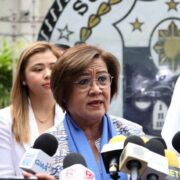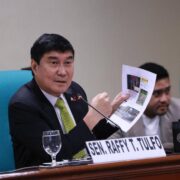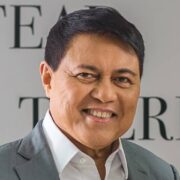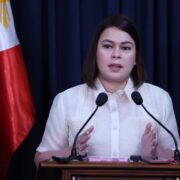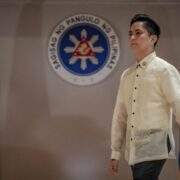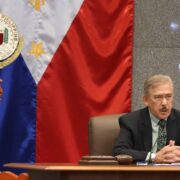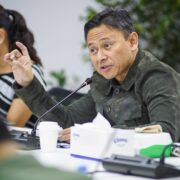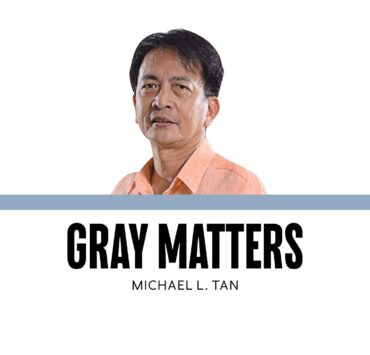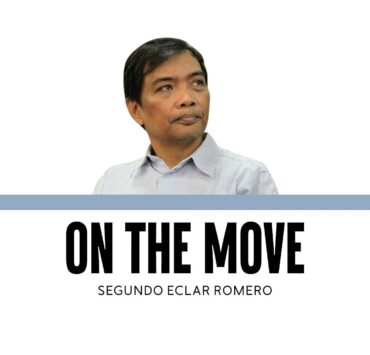Fighting corruption: Brazil’s hard lessons
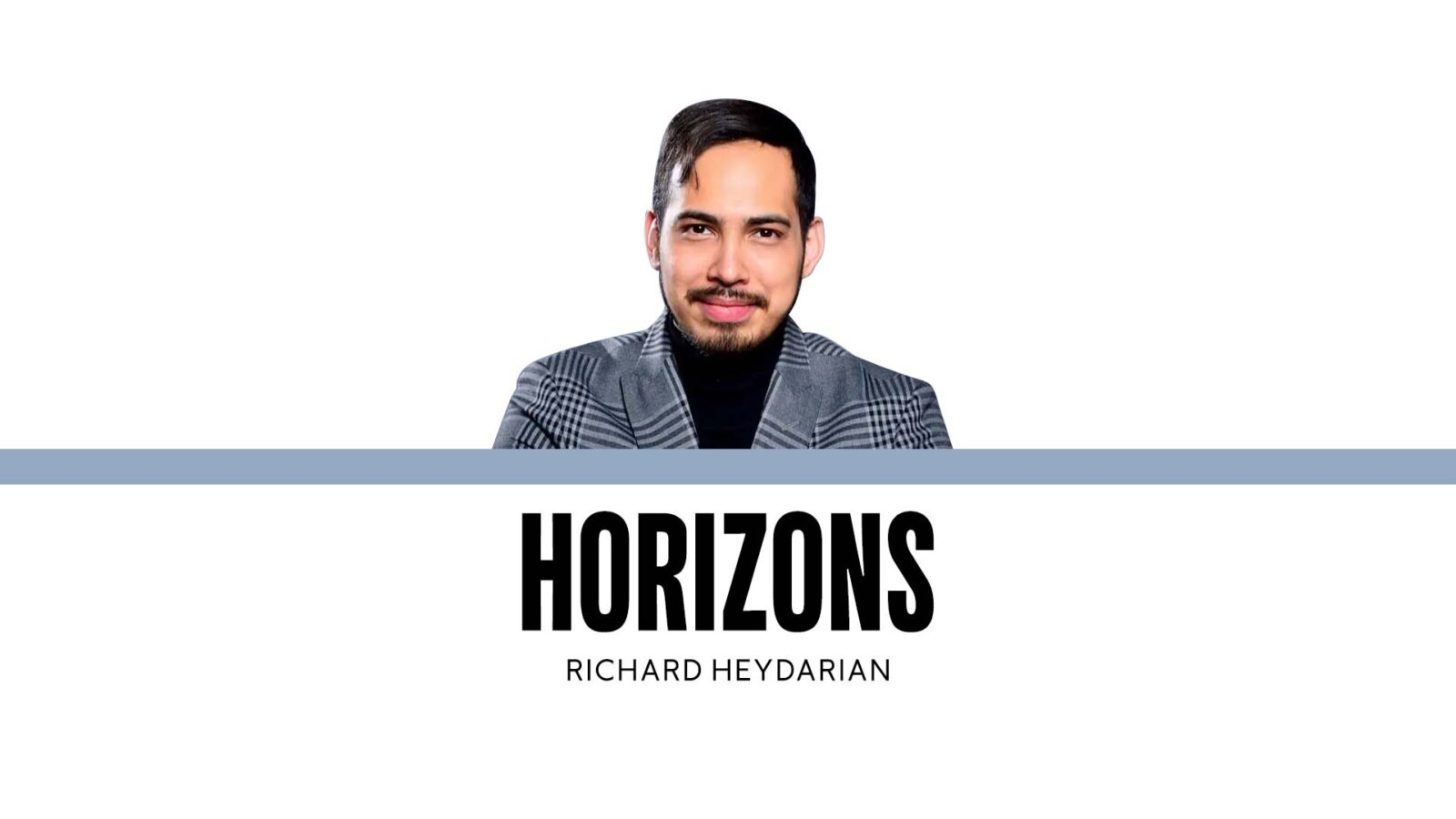
Vancouver—The past week was intense and illuminating. Thanks to the support of the Asia Pacific Foundation of Canada, which invited me as its inaugural Southeast Asian “visiting scholar,” I had the privilege of presenting lectures and meeting officials across the vast nation of Canada.
While making the most of my latest trans-Canadian trip, I couldn’t unplug from the dark politics to the south and west of this beautiful nation hosting me. Across the southern border, America teetered on the verge of an even more vicious “culture wars” following the cowardly assassination of a pro-Trump youth influencer. To the west, meanwhile, revolts have rocked Indonesia and Nepal, where a full-scale regime change is potentially afoot, as well as in our beloved nation.
Many are rightly worried about the potential outbreak of violent protests in the Philippines amid legitimate public anger over widespread corruption. But we also face another perilous scenario, which has sent shock waves across the world and bedeviled a nation way to the south of Canada. The 2019 documentary, “The Edge of Democracy (Democracia em Vertigem),” by Petra Costa, best captures the unfolding political drama in Brazil, one of the world’s largest and most consequential democracies.
Last week, Brazil’s Supreme Court held former president Jair Bolsonaro guilty of subverting the country’s democracy, notably denying his electoral loss, and worse, supporting a failed coup following a heady presidential race in 2022. He was sentenced to almost three decades in prison, effectively barring him from any political office. The decision is also remarkable in another sense: it defied the world’s most powerful man. United States President Donald Trump, a personal friend of Bolsonaro, complained of a “witch hunt” and described his fellow populist’s conviction as “a terrible thing. Very terrible.”
Earlier, the Trump administration had levied a punishing 50 percent tariff on most Brazilian exports and, even more dramatically, imposed sanctions on key figures, including a Supreme Court justice in Brazil under the Global Magnitsky Act. To put things into perspective, the GMA was previously invoked against those involved in the mass persecution of the Uyghur minority in China and the gruesome murder of Saudi journalist Jamal Khashoggi.
“These developments draw a sharp contrast with the United States, where President Trump, who also attempted to overturn an election, was sent not to prison but back to the White House,” economist Filipe Campante and political scientist Steven Levitsky wrote in an oft-cited op-ed for the New York Times.
The rise of Bolsonaro, however, was only possible in light of the heavily politicized and terrifyingly destabilizing anti-corruption investigations that brought down Brazil’s political establishment a decade earlier. The so-called “Operation Car Wash” (Lava Jato) scandal ensnared not only some of the country’s biggest business leaders but also top officials, including congressional leaders, a vice president, as well as President Dilma Rousseff and her mentor, ex-president Luiz “Lula” da Silva.
The first shocking thing is that Rousseff, the country’s first female leader, was actually a genuine reformer. As historian Perry Anderson explains, she sought to break with both “financial capital” by bolstering domestic industries—a move denounced by oligarchs as “meddling, anti-liberal statism”— and “clientelism,” namely, “refusing to engage in the traditional do ut des of Brazil’s pork barrel politics, and purging the government of its most blatantly compromised ministers.”
What was even more shocking was how politicized the anti-corruption investigation, led by conservative and politically ambitious prosecutors, turned out to be. Leaks later showed serious “ethical violations and legally prohibited collaboration between the judge and prosecutors,” which culminated in the imprisonment of Lula, who only managed to regain the top office after the country’s highest court stepped in to reverse the tainted process after years of total political crisis.
But the damage was already done. Fringe figures, such as Bolsonaro, weaponized generalized public anger against corruption to seize power and institute an even more vicious new political system driven by demagoguery and militarism. Bolsonaro may be out, but other similar figures, including notorious YouTubers, are on the rise. The lesson for the Philippines is clear: anti-corruption investigations should not only be impartial and consequential but also handled by truly patriotic figures, who can transcend partisan politics. More fundamentally, fighting systemic corruption could have the unintended consequence of empowering opportunistic elements who could turn out even worse than the discredited establishment.





